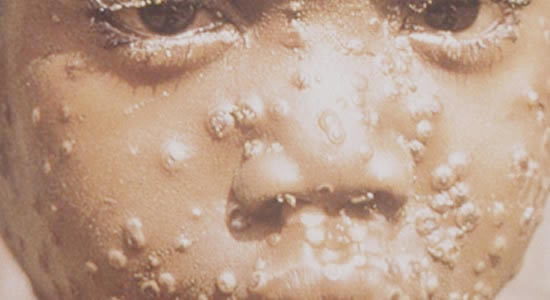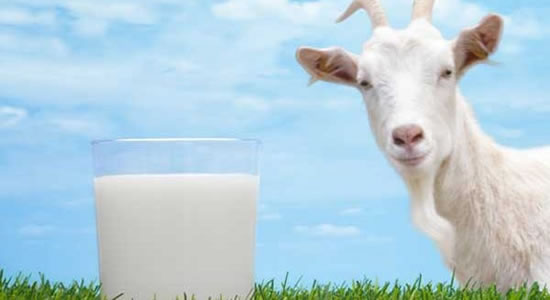Study Claims Drinking Wine Weekly Connected to Improved Pregnancy Chances
The study conducted by researchers at Washington University in the US, claimed that women who are trying to conceive may have better chance at it, if they happen to drink red wine once every week.
The researchers also clarified that while drinking wine had no apparent link in increasing fertility, but wine could help the ovarian reserve (the quantity of eggs present in the ovaries at any one time) of the hopeful mothers.














